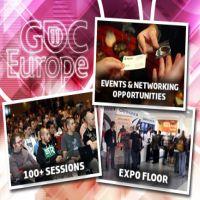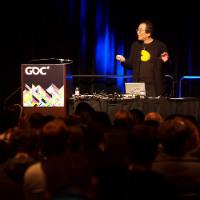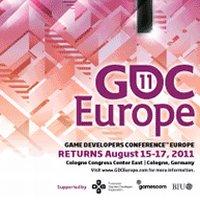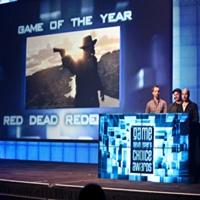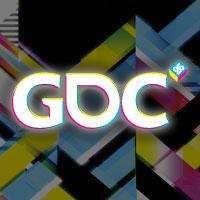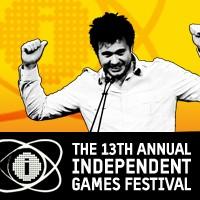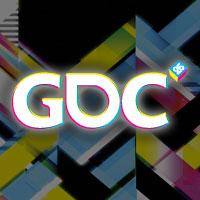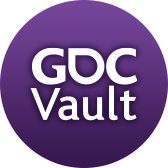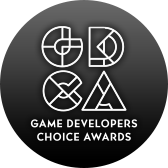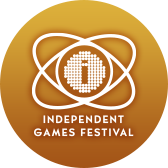[In her Bosslady Blog update, Game Developers Conference event director Meggan Scavio reveals a partnership with I Am 8-Bit for conference attendee posters and 'Paint By Pixels', an expansion into Moscone West, and other major highlights of the February 28th-March 4th show in San Francisco.]
Hopefully by now you realize what a milestone year it is for Game Developers Conference. This will be the 25th time that GDC -- or rather, an iteration of GDC -- has occured.
Notice that I didn't say 25th year or anniversary? The launch of our show was in 1988, and two events were held that year. The first took place in the living room of our founder, Chris Crawford, near San Jose, CA, and was called the Computer Game Developers Conference. It was such a hit that a second event was scheduled later that year in a proper convention center.
There are a number of ways in which we're celebrating GDC 25:
- First and foremost, we're bringing back GDC founder and Balance Of Power designer Chris Crawford to present a special anniversary lecture titled 'In Days of Yore'. Chris is a famously energetic speaker, as you can see by the infamous finale of his 1992 'dragon' speech at CGDC. I suggest doing what you can to see this talk.
- Of course, we wanted to give conference attendees a special gift for our 25th edition. We were contacted by someone who wanted to create commemorative GDC plates (I'm not making this up!), but we went with a special two-part gift we're revealing for the first time here. We're partnering with the fine folks at I Am 8-Bit and each GDC 2011 conference attendee will get a random selection of two posters - out of a complete set of four - that creatively reflect the last 25+ years of game development.
Another project that I Am 8-Bit has created for us is Paint by Pixels. At registration, conference attendees will be given one 'pixel', and they can participate by attaching it to an initially blank canvas, to construct a 20-by-8-foot pixel portrait by designer Jude Buffum.. Make sure to make your own contribution to the 5,760 pixels needed to complete the image!
- The Classic Game Postmortem series was also borne out of a GDC 25 brainstorm. Putting this lecture series together might have been one of the most fun things I've done for GDC yet. Every person I asked was so excited to participate and revisit their early, sometimes defining titles, from Pac-Man through DOOM to Populous and beyond.
